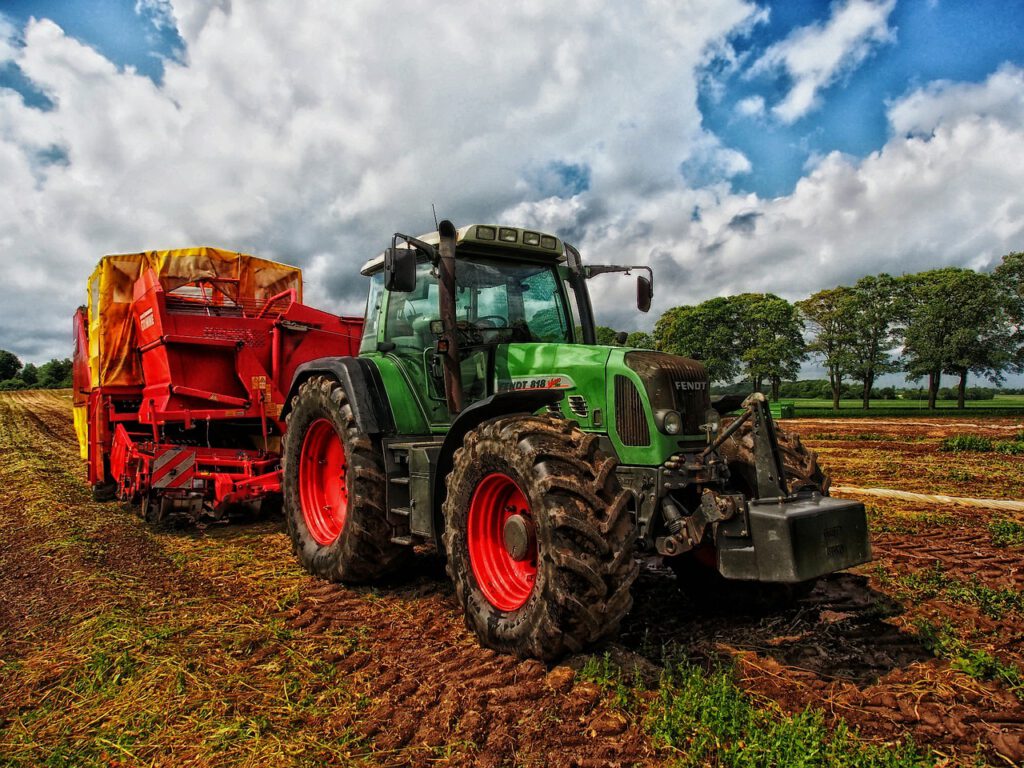New generation of on-farm experiments can transform agriculture

Research carried out with farmers in the driving seat is crucial to finding practical answers to the urgent problems facing agriculture, such as climate change, according to an international team of researchers including the Royal Agricultural University’s (@RoyalAgUni) Professor Tom MacMillan.
A new study, which reports on experiments involving more than 30,000 farms across eight countries, was carried out by an international team including Professor MacMillan and UK colleagues at the University of Gloucestershire and the independent agricultural consultants ADAS.
The experiments follow the principles of On-Farm Experimentation (OFE), a newly-defined approach to answer farmers’ questions on working farms.
Published today in Nature Food, the paper sets out the principles of OFE, making the case that they can transform farming by massively boosting the impact of agricultural research. The principles include taking a farmer-centred approach, experimenting on real farms rather than research sites, and being data-driven.
“What’s exciting about these new approaches is their power, scale, and relevance to farmers’ real-world decisions,” said Professor MacMillan, Elizabeth Creak Chair in Rural Policy and Strategy at the Royal Agricultural University (RAU).
“Over the past few years, Defra and UK research funders have become more interested in projects with farmers in the driving seat but scientists have sometimes worried that this compromises the quality of the research.
“These examples from the UK and around the world show how, using new digital research tools and analysis, such practical studies can be really powerful. They tackle a problem that has dogged research to improve agriculture – to be useful, findings need to work at scale for thousands of farmers, yet every farm, field, and even patch of soil is different.”
The new generation of OFE mostly uses digital tools and analysis, such as data from satellites and farm machines, to divide fields into virtual trial plots in chessboard, strip, or contour patterns.
Professor MacMillan added:
“Until now, the thinking has often been that, if you want your research to apply to lots of farmers, then you need to design experiments that strip out the differences. The hitch is that this makes it less relevant to any of them.
“The kinds of farmer-led innovation that we’ve championed at the RAU swing the other way, supporting projects that are really relevant to the farmers involved but may not always apply more widely. These new digital approaches to OFE provide the best of both worlds – powerful, widely relevant experiments directly involving lots of farmers.”
The approaches summarised in the new study have been developing over decades. In the paper, scientists who have been involved set out the common features and lessons learned. They argue that OFE has important potential and should be a focus for future research effort.











Responses